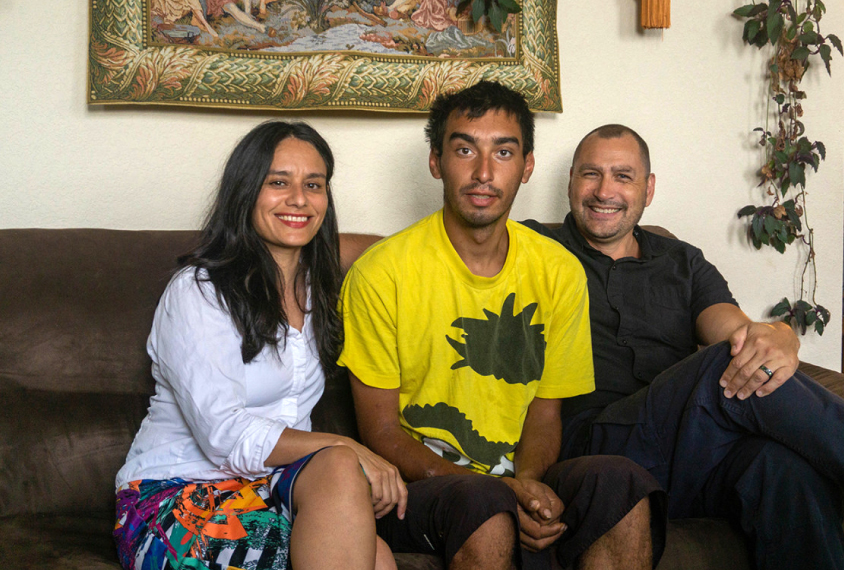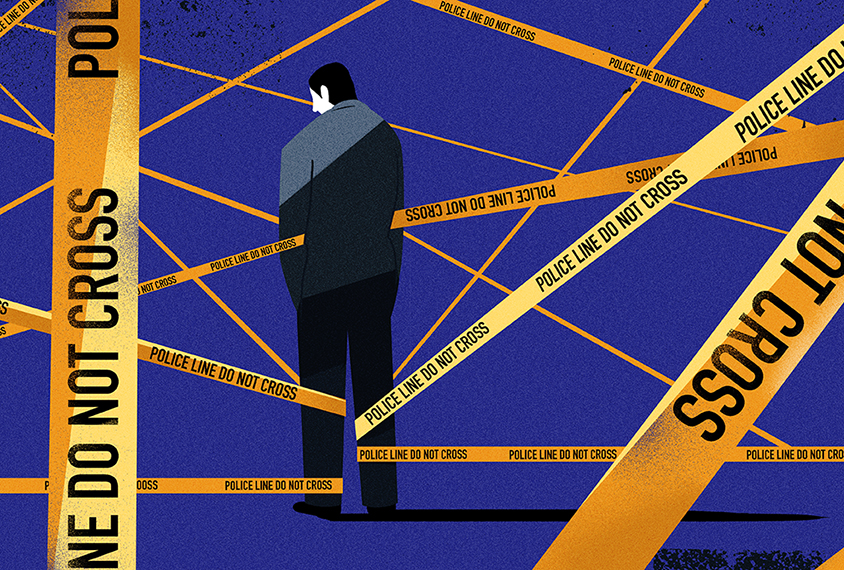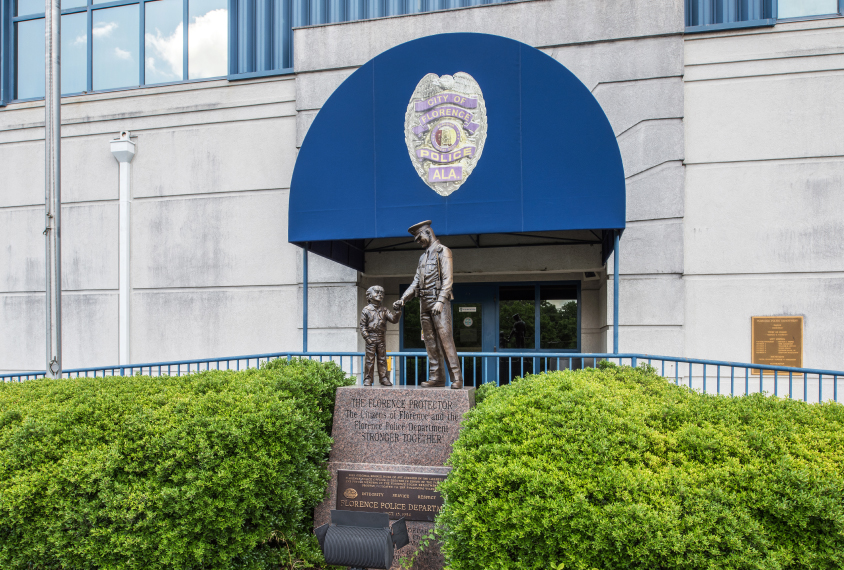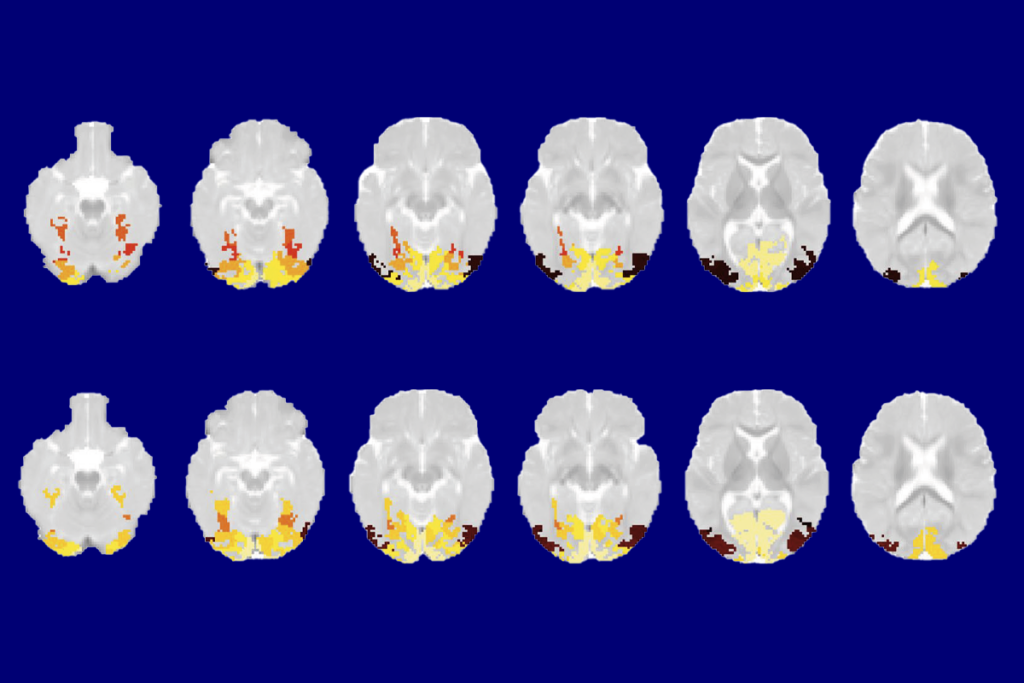When autism and law enforcement meet
Recent articles
Why autism training for police isn’t enough
Inconsistent and underfunded training programs may hurt more than they help, experts say.

Why autism training for police isn’t enough
Inconsistent and underfunded training programs may hurt more than they help, experts say.
Autism behind bars
Prisons are often ill-equipped to handle autistic inmates, who are at risk for mental health problems and abuse.

Autism behind bars
Prisons are often ill-equipped to handle autistic inmates, who are at risk for mental health problems and abuse.
Model program could divert some 911 calls from police to mental health professionals
Denver, Colorado, is one of at least eight cities considering an Oregon program to decriminalize and improve the treatment of people with severe mental illness -- while saving the city money.

Model program could divert some 911 calls from police to mental health professionals
Denver, Colorado, is one of at least eight cities considering an Oregon program to decriminalize and improve the treatment of people with severe mental illness -- while saving the city money.
When autistic people commit sexual crimes
Many first-time sex offenders on the spectrum may not understand the laws they break. How should their crimes be treated?

When autistic people commit sexual crimes
Many first-time sex offenders on the spectrum may not understand the laws they break. How should their crimes be treated?
Why police need training to interact with people on the spectrum
Encounters between law enforcement and people with autism often go wrong, but some police departments are beginning to train their officers.

Why police need training to interact with people on the spectrum
Encounters between law enforcement and people with autism often go wrong, but some police departments are beginning to train their officers.
Training first responders to recognize autism may avert tragedies
A lack of training for first responders, combined with the communication difficulties of people with autism, can create dangerous misunderstandings.

Training first responders to recognize autism may avert tragedies
A lack of training for first responders, combined with the communication difficulties of people with autism, can create dangerous misunderstandings.
For teens with autism, behavioral issues boost risk of police run-ins
Young people with autism who have psychiatric problems may stand a ninefold greater chance of having an encounter with the police than do others on the spectrum.

For teens with autism, behavioral issues boost risk of police run-ins
Young people with autism who have psychiatric problems may stand a ninefold greater chance of having an encounter with the police than do others on the spectrum.
Down by law
A new study finds that Dutch children picked up by the police for minor offenses score higher than controls on a questionnaire measuring traits of autism.

Down by law
A new study finds that Dutch children picked up by the police for minor offenses score higher than controls on a questionnaire measuring traits of autism.
Explore more from The Transmitter
Marcelle Lapicque: A forgotten pioneer of neuroscience
Lapicque was the first Black female neuroscientist in Europe, new research suggests.
Marcelle Lapicque: A forgotten pioneer of neuroscience
Lapicque was the first Black female neuroscientist in Europe, new research suggests.
In-vivo base editing in a mouse model of autism, and more
Here is a roundup of autism-related news and research spotted around the web for the week of 23 February.

In-vivo base editing in a mouse model of autism, and more
Here is a roundup of autism-related news and research spotted around the web for the week of 23 February.
Infant visual system categorizes common objects by 2 months of age
Brain activity patterns in the ventral visual cortex appear to distinguish images across 12 categories, including birds and trees, longitudinal functional MRI scans suggest.

Infant visual system categorizes common objects by 2 months of age
Brain activity patterns in the ventral visual cortex appear to distinguish images across 12 categories, including birds and trees, longitudinal functional MRI scans suggest.